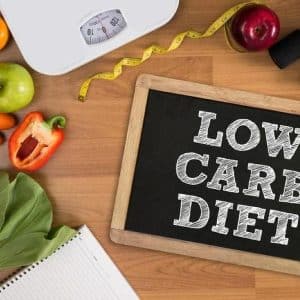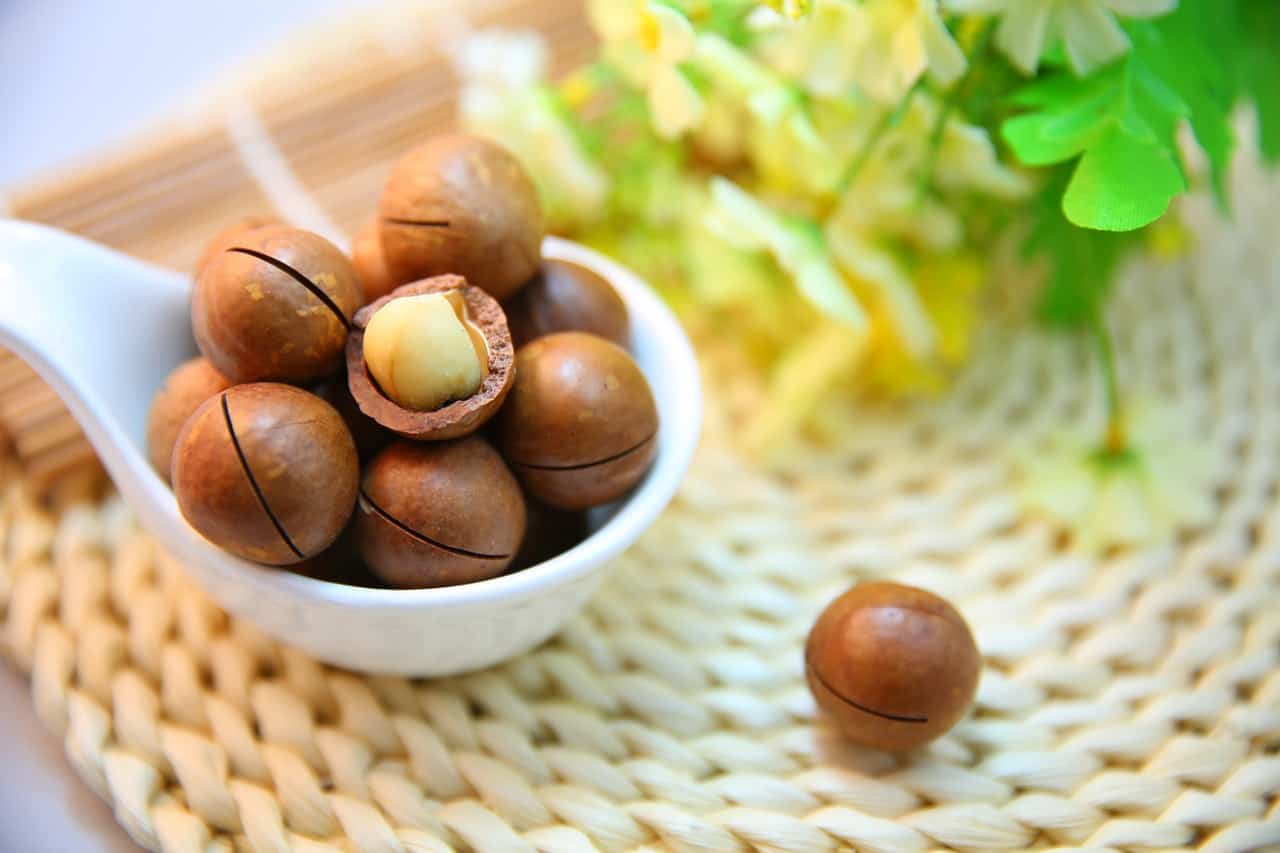What is the danger of iron deficiency in the body?

What is the danger of iron deficiency in the body?
What is the danger of iron deficiency in the body?
Iron is a necessary mineral for the human body, because it is included in the composition of hemoglobin, which helps transport oxygen to all areas of the body, and contributes to regulating body temperature and supports the immune system. In addition, it affects the condition of the skin, hair and nails, so its deficiency is a dangerous indicator.
The body cannot produce this important element on its own, so nutrients remain the most important source of obtaining it. And the body's daily need for iron depends on the age and gender of the person. Children need 8 to 10 milligrams per day, and men aged 19-50 years need 8 milligrams per day, but women need 18 milligrams per day, because its level during the menstrual cycle decreases and must be compensated.
Shortness of breath..and heart failure
And when iron is deficient in the body, the muscles and tissues of the body do not function normally, which may lead to anemia, which causes disruption of the work of the heart, blood vessels, digestive and motor systems.
The symptoms of anemia are fatigue and extreme fatigue, headache, dizziness, flash in the eye, rapid heartbeat, pallor of the inner surface of the lower eyelids, brittle nails and hair, shortness of breath when doing physical exertion, cold hands and feet, weak immunity and infection with infectious diseases.
animal food
To avoid anemia, you should eat foodstuffs of animal or vegetable origin, containing a good percentage of iron. Liver, brain, lean beef, seafood, mussels, oysters, turkey, canned tuna, and eggs are high in iron.
The highest iron content is found in dark meat (beef is the number one). In addition to iron, beef liver contains many nutrients that are low in calories. As for poultry meat, it contains proteins, selenium and zinc that help maintain muscle mass.
plant food
As for the food items of plant origin, they are - seeds, nuts, dark chocolate, broccoli, spinach, pomegranate, quinoa and legumes. For example, sesame and pumpkin seeds are rich in iron and low in calories.
Also, nuts in terms of their usefulness are similar to meat, as they contain a high percentage of iron and are high in calories, especially almonds, peanuts and pistachios. Cocoa seeds are also rich in iron, so if chocolate contains 70% cocoa or more, it can be eaten to compensate for the iron deficiency in the body. In addition to iron, they contain magnesium, which is necessary for the functioning of the heart.





